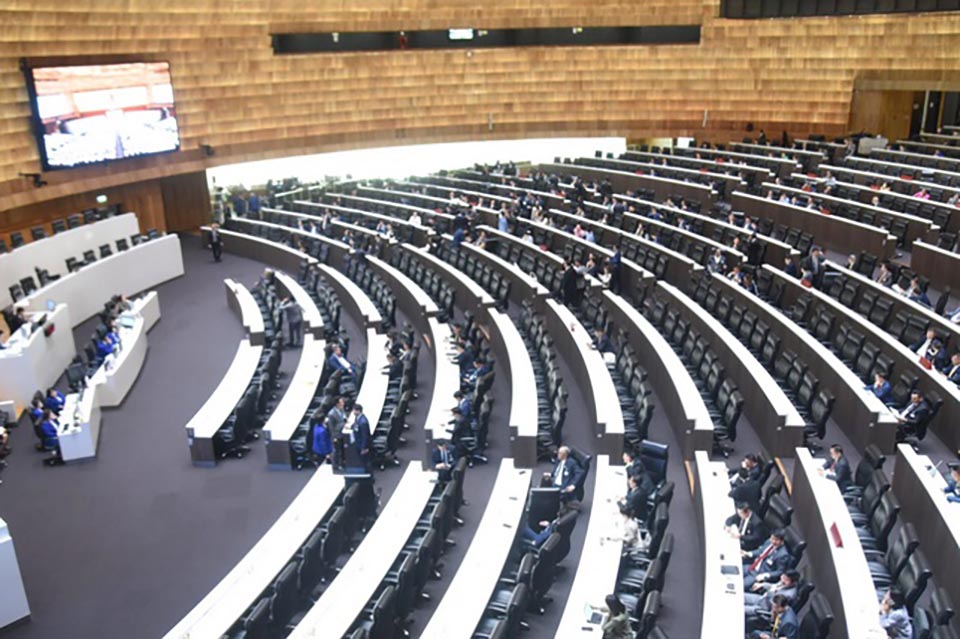
BANGKOK, Thailand – The Thai House of Representatives has approved a draft amendment to the Civil and Commercial Code, known as the “Child Protection Bill,” which prohibits corporal punishment against children.
The bill, reviewed by the Extraordinary Committee on Law Amendments, advanced through both its second and third readings. The committee has called on relevant government agencies to review existing laws to ensure alignment with this amendment to the Civil and Commercial Code.
During the parliamentary debate, members highlighted that parental discipline should focus on correcting behavior without resorting to physical or psychological abuse. Several MPs advocated for alternatives to corporal punishment, sharing their experiences raising children without physical discipline. They emphasized that refraining from hitting children is a universally accepted principle. Acts of physical punishment, they noted, can hinder a child’s development.
The MPs further stressed the long-term consequences of such practices. Many societal issues, they argued, often originate from early childhood experiences, particularly during the formative years from birth to age six.
In its current form, the bill aims to strongly discourage parents from physically punishing children. Violent acts against children are already punishable under the Child Protection Act and other relevant criminal laws.
In the final vote, 391 members supported the bill, with one opposing, one abstaining, and five not voting. The bill will now proceed to the Senate for further consideration. (NNT)








